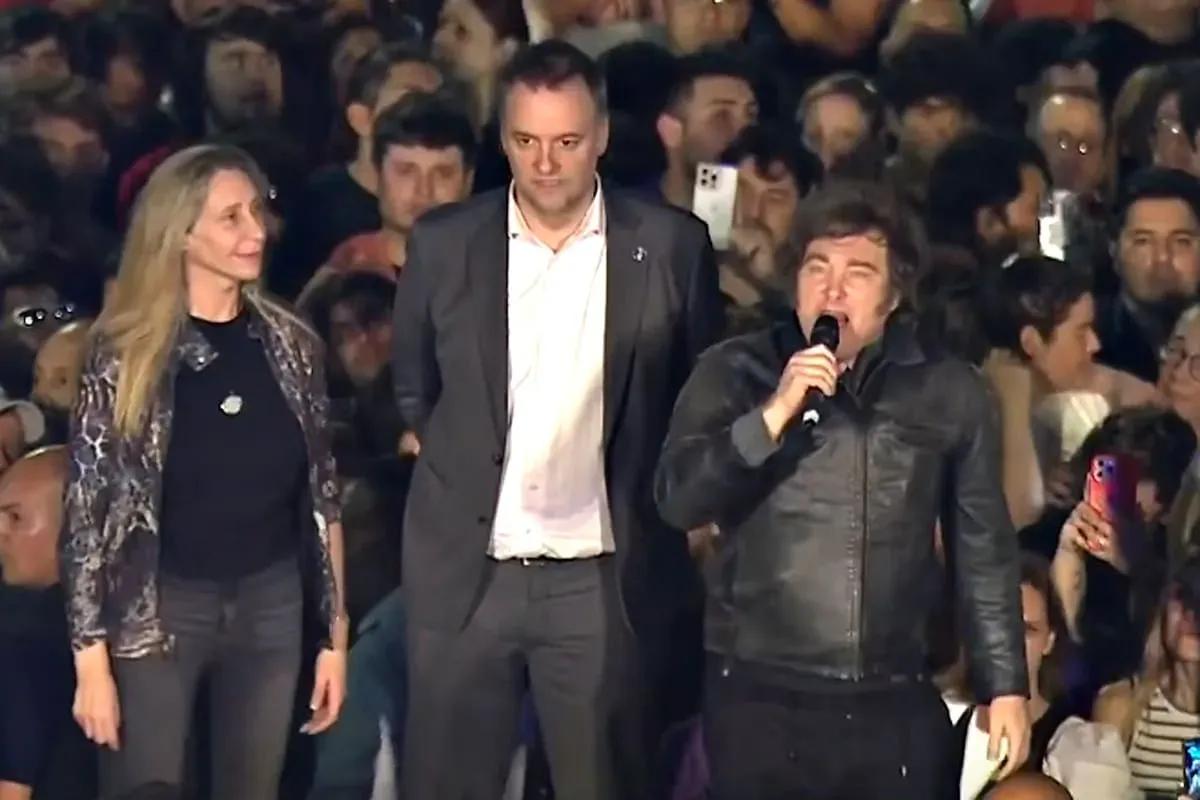The recent event held by Javier Milei in Córdoba, which marked the beginning of his electoral campaign, has sparked various reactions in public opinion and in the political sphere. In the context of an economic and social crisis in Argentina, the central question is: how does his proposal and leadership style affect the voters' perception and the country's future?
📈 Current Landscape
Javier Milei, the current President of Argentina, held an event at Parque Sarmiento where he appeared close to his support base, despite many analysts considering the turnout to be weak. The sparse attendance raises doubts about the level of enthusiasm that his figure generates at these decisive moments for the country. In an environment where inflation and the dollar are central issues, the effectiveness of his speech is being put to the test. Milei has promised a radical approach to the economy, which includes the elimination of the Central Bank and dollarization, resulting in a polarizing proposal that has garnered both fervor and rejection.
The event was also marked by the absence of relevant figures from his party, La Libertad Avanza, which could indicate a lack of internal unity. Despite this, Milei remained optimistic, stating that Argentinians “do not give up.” However, such statements, while effective in maintaining morale, need to be accompanied by concrete proposals that address the structural problems of the country.
🌍 International Comparison
Milei's situation can be compared to that of political leaders in other countries who have proposed radical economic reforms. For instance, the case of Donald Trump in the United States, who promised a disruptive approach to the political and economic system, generating polarized reactions. His administration, characterized by strong rhetoric and controversial economic policies, managed to attract a disenchanted electorate with the status quo. However, the economic challenges he faced, such as trade tensions and rising national debt, reflect that the impact of such policies is not always positive.
Another example is Andrés Manuel López Obrador in Mexico, who came to power with a promise to eradicate corruption and improve the economic situation of the most disadvantaged. Although his approach has been more gradual compared to Milei's, he has faced criticism regarding the implementation of his economic policies and their effectiveness in a crisis context. This suggests that while a radical discourse can attract attention and support, its long-term effectiveness depends on the capacity for implementation and tangible results.
🔍 Implications of Milei's Campaign
The implications of Milei's speech and strategy are profound. Firstly, his radical approach could further polarize Argentine society, dividing voters between those who support radical change and those who fear the consequences of such policies. This could result in a tense political climate, where dialogue and consensus become difficult.
Moreover, the lack of clear and viable proposals in his campaign could undermine the trust of investors and the general population. Without solid institutions and a clear regulatory framework, the risk of instability increases. History has shown that without trust, there is no investment. The experience of countries that have enacted drastic reforms without solid backing indicates that the path to stability can be more complicated than anticipated.
Socially, Milei's promises regarding reducing public spending and eliminating subsidies could have immediate effects on the most vulnerable sectors of the population. The experience of other countries that have implemented austerity measures suggests that if not managed properly, these measures can exacerbate poverty and inequality. Social cohesion thus becomes a crucial aspect to consider in the development of his campaign.
🔄 Final Reflections
Milei's speech in Córdoba is a reflection of the political and economic situation facing Argentina. As the electoral period approaches, Milei's challenge will be not only to mobilize his base but also to convince a broader electorate that his vision is the right one. In a context where distrust towards politicians is high, the path to the presidency will not be easy.
Milei and his team need to present proposals that are not only attractive but also viable and sustainable over time. Fiscal balance is not a whim; it is a prerequisite for growth. Argentina’s recent history has shown that empty promises can lead to new crises. In this regard, the country's future will depend on its leaders' ability to build trust, propose effective solutions, and avoid falling into the realm of unrealistic promises. Without strong institutions, there is no trust. Without trust, there is no investment.

Comments